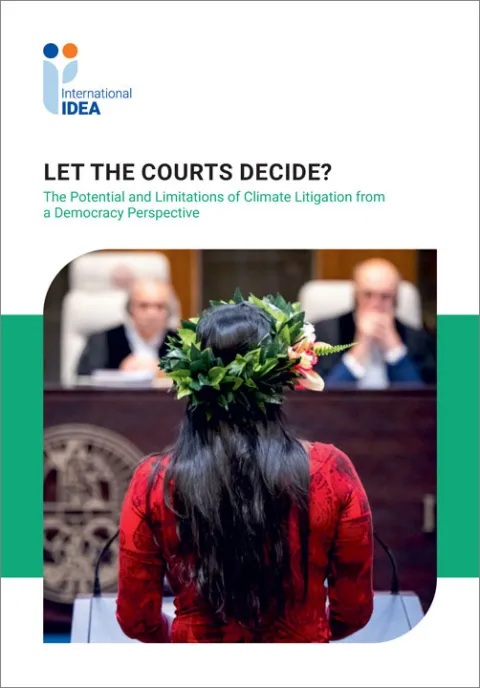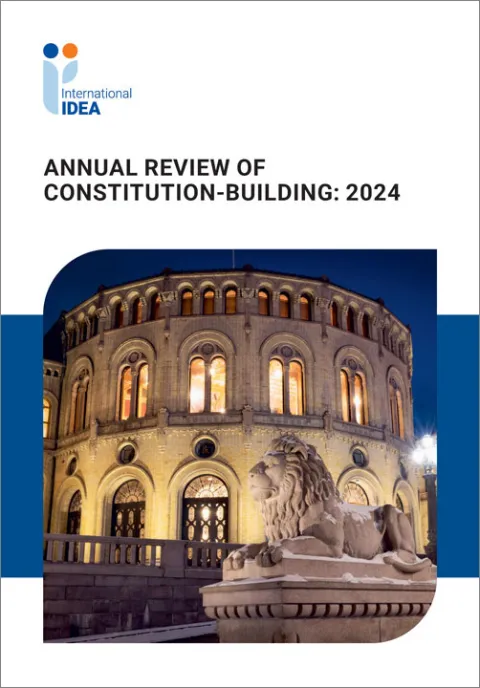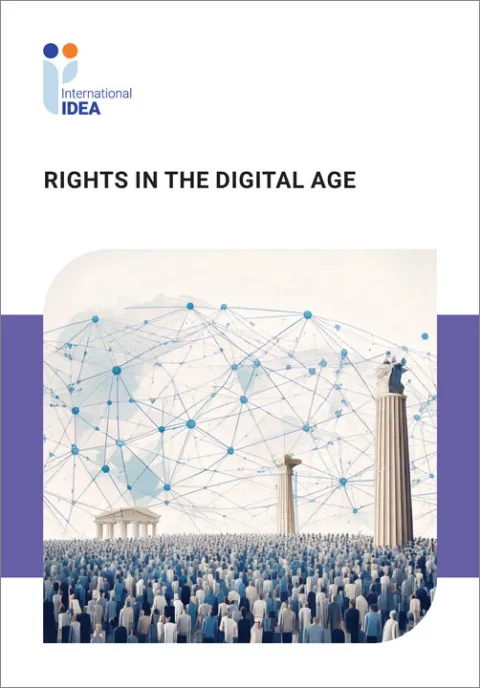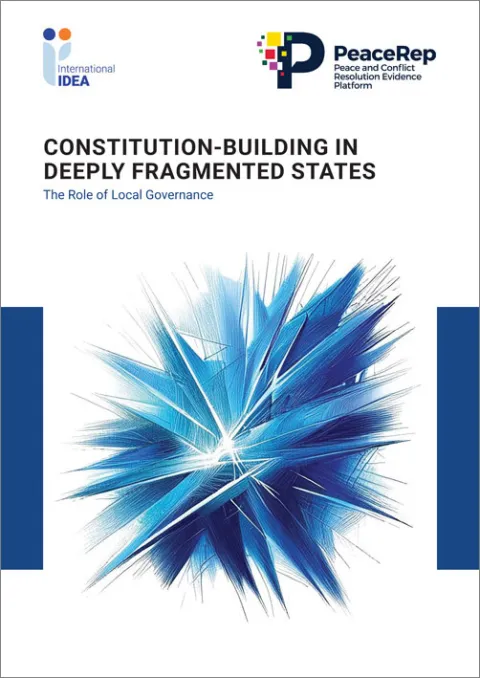Constitutional Courts after the Arab Spring: Appointment mechanisms and relative judicial independence
The Arab World is experiencing an unprecedented moment of constitutional transition. Many countries in the region are reforming their systems of constitutional judicial review as a way of signalling the government’s commitment to the rule of law. This includes establishing constitutional courts, a body with exclusive jurisdiction over constitutional judicial review.
This report investigates how constitutional court appointment-procedures can be designed to promote both judicial independence and judicial accountability to a democratically elected government. It analyses four models and examines how the models have been applied in six countries: Egypt, Germany, Iraq, Italy, South Africa and Turkey. The report also presents a comparison of the qualifications required for appointment to the constitutional court, and the rules for removing constitutional court judges.
The report is part of a series of on issues in constitutional design that have arisen in the Arab region published by the Center for Constitutional Transitions at New York University Law and the International IDEA. These reports are designed for use in support of constitution-building activities in the Arab world.
Details
Contents
1. Introduction
2. Constitutional court appointments: MENA region challenges
3. Principles of constitutional design
4. Judicial appointments: design options
5. Judicial qualifications and removal procedures
6. Analysis of the June 2013 draft Constitution of Tunisia
7. Conclusion
References
Appendix: Selected constitutional and legal provisions on constitutional courts
Give us feedback
Do you have a question or feedback about this publication? Leave us your feedback, and we’ll get back to you
Send feedbackConstitutional Courts after the Arab Spring: Appointment mechanisms and relative judicial independence
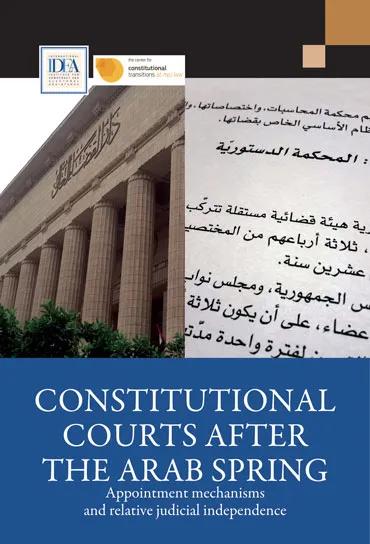
| Total views | 7013 |
|---|---|
| Downloads | 75 |
| Rating |
Give us feedback
Do you have a question or feedback about this publication? Leave us your feedback, and we’ll get back to you
Send feedback
